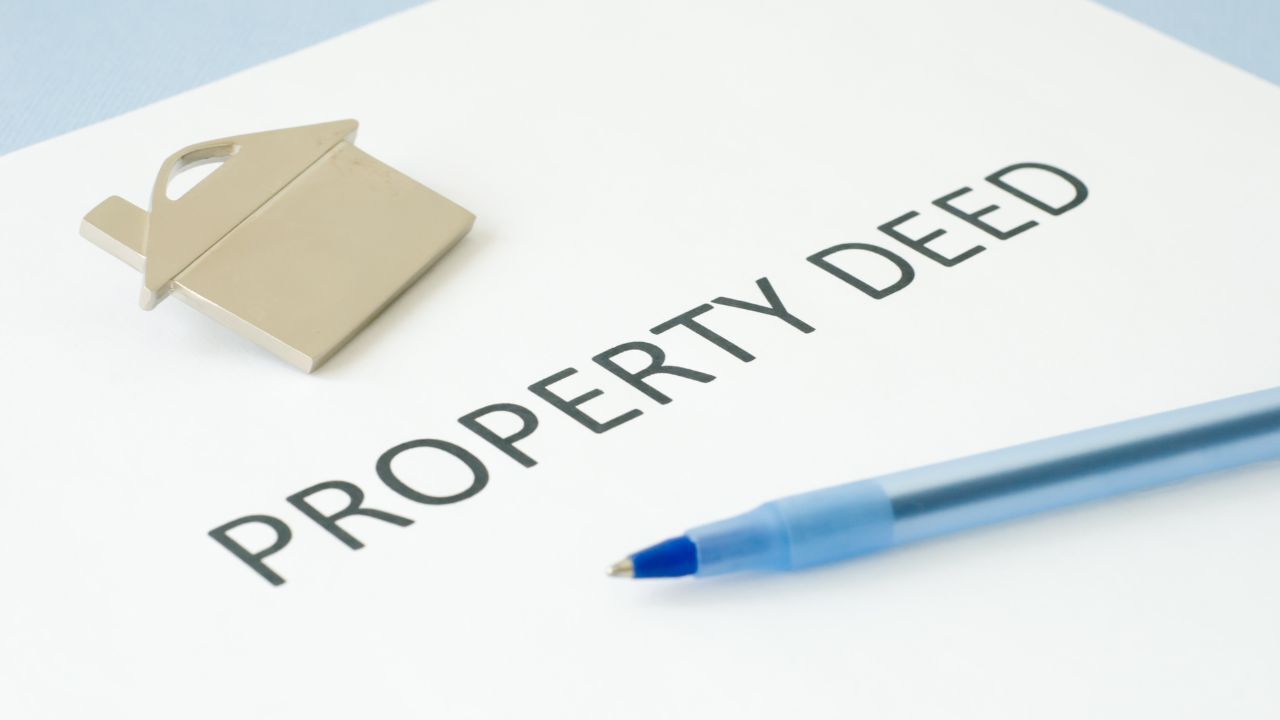 Buying a home is one of the most exciting milestones in life, but it’s also a process that can sometimes come with unexpected delays. Whether it’s financing hiccups, inspection issues, or paperwork snags, knowing how to keep your purchase on track can make a huge difference. Here’s what you can do to stay proactive and keep moving forward toward your dream home.
Buying a home is one of the most exciting milestones in life, but it’s also a process that can sometimes come with unexpected delays. Whether it’s financing hiccups, inspection issues, or paperwork snags, knowing how to keep your purchase on track can make a huge difference. Here’s what you can do to stay proactive and keep moving forward toward your dream home.
- Get Pre-Approved, Not Just Pre-Qualified
One of the first steps to avoid delays is getting pre-approved for your mortgage. A pre-approval shows sellers you’re serious and financially ready to buy, and it gives you a clear picture of your price range. Pre-qualification is a helpful first look, but full pre-approval can speed up the buying process significantly when you find the right home. - Stay Organized and Responsive
During the home buying process, you’ll be asked for a lot of documentation — tax returns, pay stubs, bank statements, and more. Having these documents ready to go can prevent last-minute scrambles. Also, respond quickly to requests from your agent, lender, and title company. Even a one – or two-day delay in getting a document can push back your closing date. - Be Flexible with Scheduling
Inspections, appraisals, and final walkthroughs often require coordinating multiple schedules. Try to be as flexible as possible so these important steps don’t get delayed. A missed inspection window could mean waiting an extra week, or more, for the next available appointment. - Communicate Openly with Your Agent
Your real estate agent is your advocate and guide. Keep the lines of communication open, and don’t hesitate to ask questions. If something feels off or unclear, bringing it up early can prevent larger issues down the line. Your agent can also help troubleshoot potential delays before they become serious problems. - Avoid Big Financial Changes
Once you’re under contract, try to keep your financial situation steady. Opening new credit lines, making big purchases, or changing jobs can all trigger red flags during your final mortgage approval. To avoid delays, or even denial, hold off on major financial moves until after you’ve closed on your new home. - Prepare for Possible Repairs or Negotiations
Home inspections sometimes uncover issues that need to be addressed before closing. Be mentally prepared for the possibility of negotiating repairs, asking for credits, or even making minor repairs yourself if it means keeping the transaction on schedule. Flexibility and a solutions-first mindset can keep the deal moving forward.
7. Understand Your Contract Dates
Your purchase contract will have key dates like contingency removal deadlines and closing dates. Stay familiar with these dates, and make sure you’re on track to meet them. Missing a contractual deadline can cause delays or even jeopardize your purchase altogether.
While delays can happen in any real estate transaction, preparation, communication, and flexibility are your best tools for overcoming them. Partnering with an experienced real estate agent and staying actively engaged throughout the process will help keep your home purchase on track and help you move into your new home with confidence and excitement.


 When buying a home, most buyers focus on location, price, and features. However, deed restrictions—legally binding rules that dictate how you can use your property—are equally important. Ignoring them can lead to unexpected limitations and challenges.
When buying a home, most buyers focus on location, price, and features. However, deed restrictions—legally binding rules that dictate how you can use your property—are equally important. Ignoring them can lead to unexpected limitations and challenges. In a world where home preferences are constantly evolving, a surprising trend has emerged among homebuyers: many are prioritizing dedicated personal libraries over additional bedrooms. While traditional real estate advice has often emphasized the value of extra bedrooms for resale potential, today’s buyers are shifting their focus to spaces that enhance their lifestyle, productivity, and personal enjoyment.
In a world where home preferences are constantly evolving, a surprising trend has emerged among homebuyers: many are prioritizing dedicated personal libraries over additional bedrooms. While traditional real estate advice has often emphasized the value of extra bedrooms for resale potential, today’s buyers are shifting their focus to spaces that enhance their lifestyle, productivity, and personal enjoyment. The real estate market is witnessing a rising trend: homes with dual kitchens. Once considered a luxury, dual kitchens are becoming a sought-after feature for buyers looking for functionality, convenience, and lifestyle adaptability. Whether it’s for multi-generational living, entertaining, or rental potential, homes with two kitchens are proving to be a smart investment.
The real estate market is witnessing a rising trend: homes with dual kitchens. Once considered a luxury, dual kitchens are becoming a sought-after feature for buyers looking for functionality, convenience, and lifestyle adaptability. Whether it’s for multi-generational living, entertaining, or rental potential, homes with two kitchens are proving to be a smart investment. When it comes to increasing your home’s long-term value, not all upgrades are created equal. While stylish kitchens and luxurious bathrooms may attract attention, the smartest investment is one that continues to pay off for years to come: energy efficiency.
When it comes to increasing your home’s long-term value, not all upgrades are created equal. While stylish kitchens and luxurious bathrooms may attract attention, the smartest investment is one that continues to pay off for years to come: energy efficiency.
 Selling a home with outdated features can be a challenge, but it’s far from impossible. Whether your kitchen hasn’t been updated in decades, or your bathrooms still have that retro charm, buyers today are looking for modern, move-in-ready spaces. However, with the right strategy and a few smart improvements, you can make your home more appealing to potential buyers and get the best possible price.
Selling a home with outdated features can be a challenge, but it’s far from impossible. Whether your kitchen hasn’t been updated in decades, or your bathrooms still have that retro charm, buyers today are looking for modern, move-in-ready spaces. However, with the right strategy and a few smart improvements, you can make your home more appealing to potential buyers and get the best possible price. When searching for a new home, many buyers overlook one valuable feature that can add flexibility, income, and long-term potential: a basement suite. Whether it’s fully finished or ready for renovation, a basement suite can offer a wide range of benefits beyond just additional space.
When searching for a new home, many buyers overlook one valuable feature that can add flexibility, income, and long-term potential: a basement suite. Whether it’s fully finished or ready for renovation, a basement suite can offer a wide range of benefits beyond just additional space.